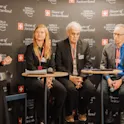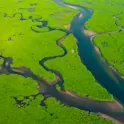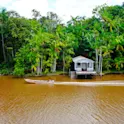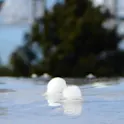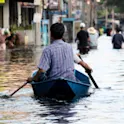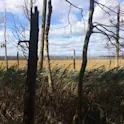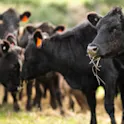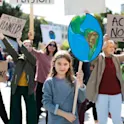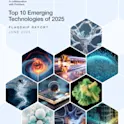
Frontiers news
24 Jun 2025
Shaping the future: World Economic Forum and Frontiers reveal Top 10 Emerging Technologies for 2025
Cutting-edge technologies addressing climate, healthcare, and digital authenticity are spotlighted in the report co-published by the World Economic Forum and Frontiers. Pooling the expertise of hundreds of leading scientists from around the world, the report identifies early-stage technologies with the potential to become fully developed and adopted within the next five years.

